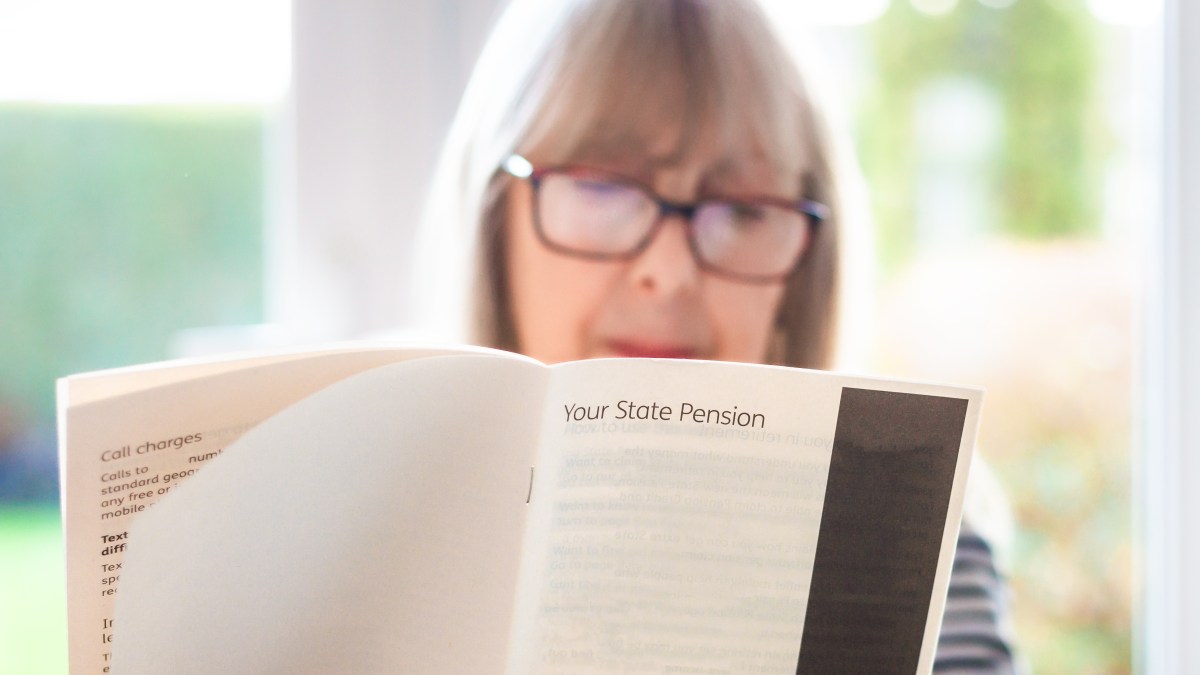Some seven million pensioners are set to miss out on the 5 per cent boost to the state pension that others will get from April.
That’s because they are on the old state pension, where they get an additional earnings-related pension — known as Serps or the state second pension — which is not covered by the government’s triple lock. The lock, introduced in 2011, guarantees that the state pension increases each year by average wage growth, inflation or 2.5 per cent — whichever is highest. Wages went up the most this year, so from April the full new pension is likely to rise £599 (5 per cent) from £11,973 to £12,572 a year.
The state second pension, however, goes up in line with inflation, which at the moment is sitting at 3.8 per cent. The old basic state pension, which those on the old system get in addition to the second pension, will go up in line with the triple lock, which could mean a 5 per cent rise from £9,175 to £9,634 a year.
• Read more money advice and tips on investing from our experts
Steve Webb, a former pensions minister who is now a partner at the consultancy LCP, said the split system could, this year, leave many older pensioners worse off than those who retired after 2016 and are on the new unified system. Since 2011 the state pension has gone up with inflation seven times, by 2.5 per cent three times and in line with wages five times.
“The earnings figure due later this month, which will be the one used for the triple lock calculation, is likely to be lower than 5 per cent while inflation could edge higher than 3.8 per cent. If the two even out, everyone could just get inflation on the whole of their pension. But as things stand, millions of older pensioners will miss out.”
Tax on pensioners
The disparity comes as the value of the new state pension creeps towards the threshold at which you start paying income tax, which is frozen at £12,570 until 2028. This means that a 5 per cent increase in April would mean that £2 of the new state pension would sit above the tax-free allowance, so a basic rate taxpayer would have to give 40p back to the government.
Adam Cole from the wealth manager Quilter said the sharp increase in the number of pensioners who are paying income tax is a direct result of the threshold freeze.
“It is a textbook example of fiscal drag,” he said. “While the state pension has risen in line with inflation thanks to the triple lock, the tax threshold has remained static. As a result, growing numbers of those in retirement, including those with only modest other income streams, are finding themselves with taxable income for the first time.”
• How to never run out of money in retirement
Helen Morrissey from the investment giant Hargreaves Lansdown said: “Frozen tax allowances look ever more likely to bring more pensioners into tax-paying territory. If we were to see a 4 per cent increase for the 2026-27 financial year, then the full new state pension would hover extremely close to the threshold and be likely to breach it in 2027-28.”
Cole added that the situation risks creating confusion and hardship. “Many pensioners are not high earners but are simply victims of a frozen threshold during a period of rising prices. For some, it’s their first experience of paying income tax in retirement, leading to confusion, frustration, and unexpected bills.”
Lisa Picardo from the retirement savings firm PensionBee, said the policy risks undermining trust in the system. “The freeze on the personal allowance exposes the contradiction at the heart of the system: the triple lock boosts pensions with one hand, whilst frozen thresholds quietly pull them back down with the other,” she said.
“Unless addressed, millions of pensioners could find themselves paying tax on what they believed was a basic entitlement, not a taxable perk.”
The Office for Budget Responsibility put the annual cost of the state pension at £125 billion in 2023-24.
• Britain has become a nation where hard work no longer pays
Webb argued that the government needs to rethink how thresholds are set. “Freezing allowances is simply taxing people by stealth,” he said. “If we think the state pension is the basic amount people need to live on, then it seems odd to take some of it back in taxation. There needs to be a proper review of tax-free allowances for pensioners and workers, rather than allowing the tax system to get tougher each year by stealth.”
The inflation figure for the year to September, which will be used when deciding the triple lock increase for next year, will be released next month.
